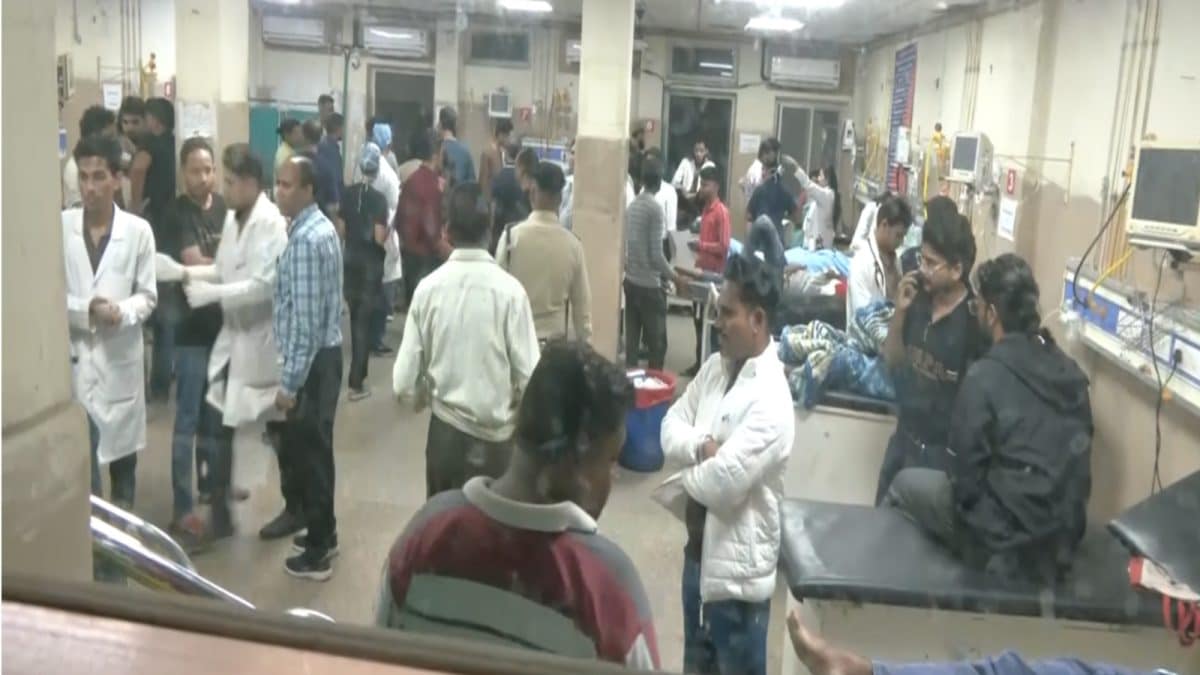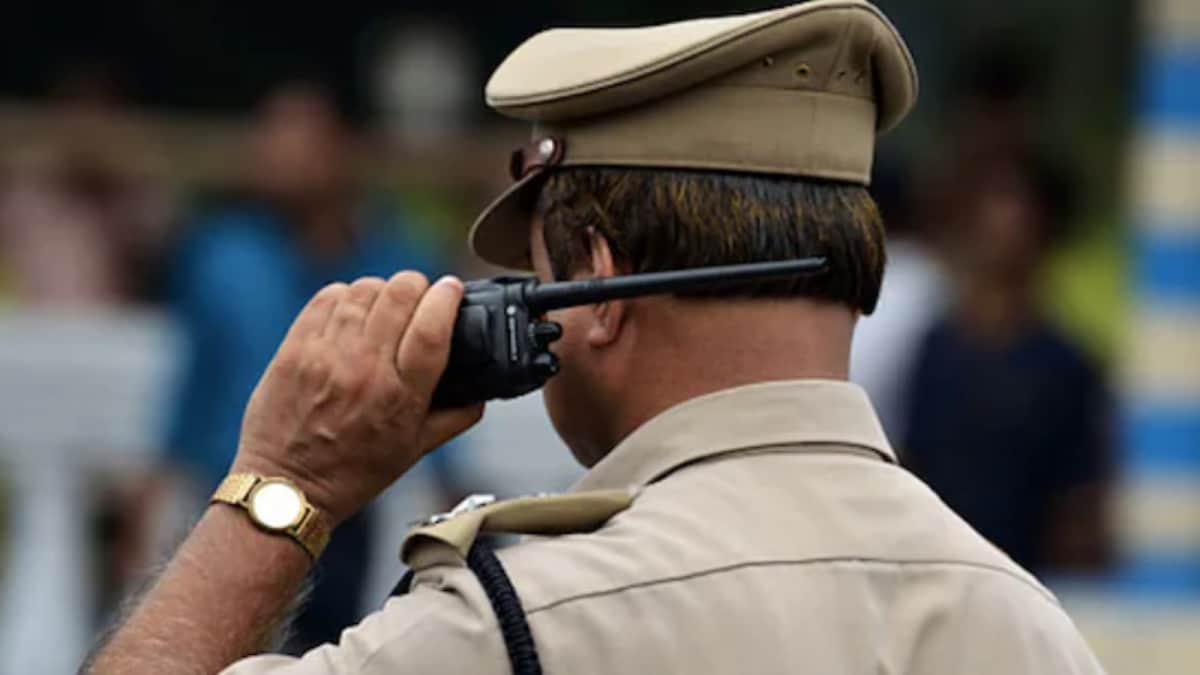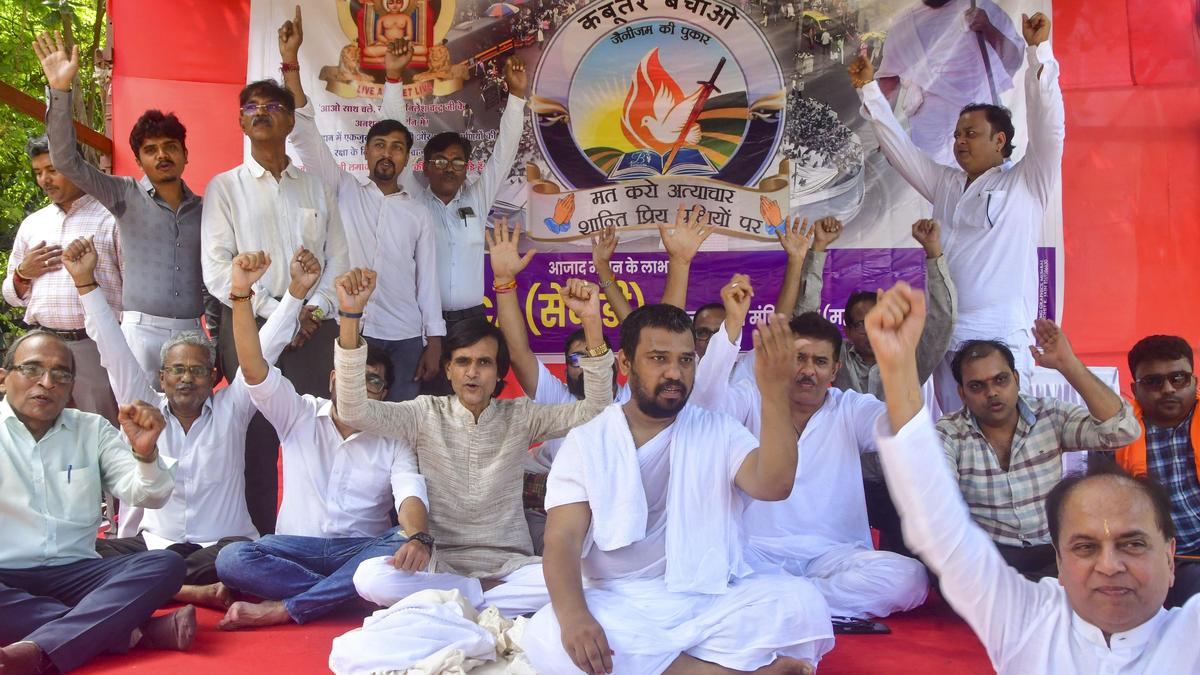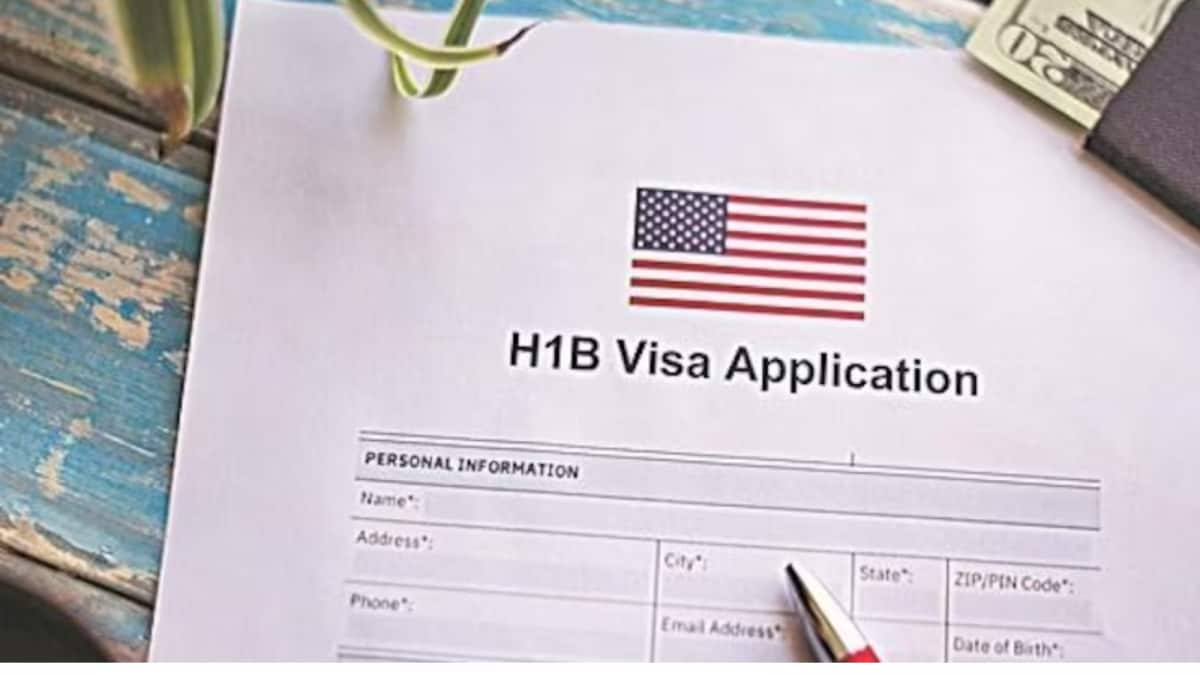The Bombay High Court on Monday (November 3, 2025) paved the way for the resumption of trial of Abu Jundal alias Sayyad Zabiuddin, who has been arrested for being one of the key conspirators of 26/11 terror attack.
The High Court quashed the order passed by the trial court asking the authorities to produce documents related to the arrest of Abu Jundal.

Abu Jundal had acted as a handler for terrorists, including Ajmal Kasab, and was one of the masterminds of the attack.
Justice R.N. Ladda observed, “The trial court has completely misdirected itself by invoking Section 91 of the Cr.PC to compel the production of documents from third parties in this context. Section 91 Cr.PC does not confer upon an accused, nor empower the court, to initiate a speculative or exploratory inquiry into the place of arrest, particularly when such inquiry bears no rational nexus to the adjudication of the matter. The statutory requirement under Section 91 is that the document or thing sought must be ‘necessary or desirable for the purpose of any inquiry, trial or other proceedings under the Code’, which is conspicuously absent in the present factual matrix.” The judge added that the High Court found it difficult to concur with or uphold the reasoning adopted by the trail court.
Justice Ladda underlined the importance of timely trial and said, “The trial has remained stayed since 2018 due to the impugned order. In serious offences, a timely trial is essential to ensure justice and accountability,” he said.
By passing the order, the High Court has allowed the plea of the Delhi Police, the Ministry of External Affairs and others challenging the trial court’s order asking for travel documents to be shared with the accused.
Solicitor General Tushar Mehta had argued that Abu Jundal was a key conspirator in the 26/11 Mumbai terrorist attack, and had actively participated in the planning and execution alongside Lashkar-e-Taiba operatives. “He provided strategic inputs, trained attackers, and maintained operational oversight via VoIP from Karachi,” he had argued.
During the trial, Abu Jundal had sought various documents, including passports, flight manifests and immigration records. “These were allowed by the trial court without hearing the petitioners, violating principles of natural justice,” the High Court said.

Mr. Mehta had argued that the accused did not raise any objection earlier about the legality of his arrest. “His present attempt to do so, at a belated stage, is procedurally untenable and devoid of relevance to the adjudication of the present trial. It is further contended that the documents sought by Respondent No.2 pertain solely to procedural aspects surrounding the arrest and do not bear upon the merits of the case. The production of such documents would serve no legitimate purpose and would instead facilitate a roving and fishing inquiry, thereby impeding the expeditious conduct of trial and defeating the ends of justice,” he said.

 7 hours ago
6
7 hours ago
6









 English (US) ·
English (US) ·